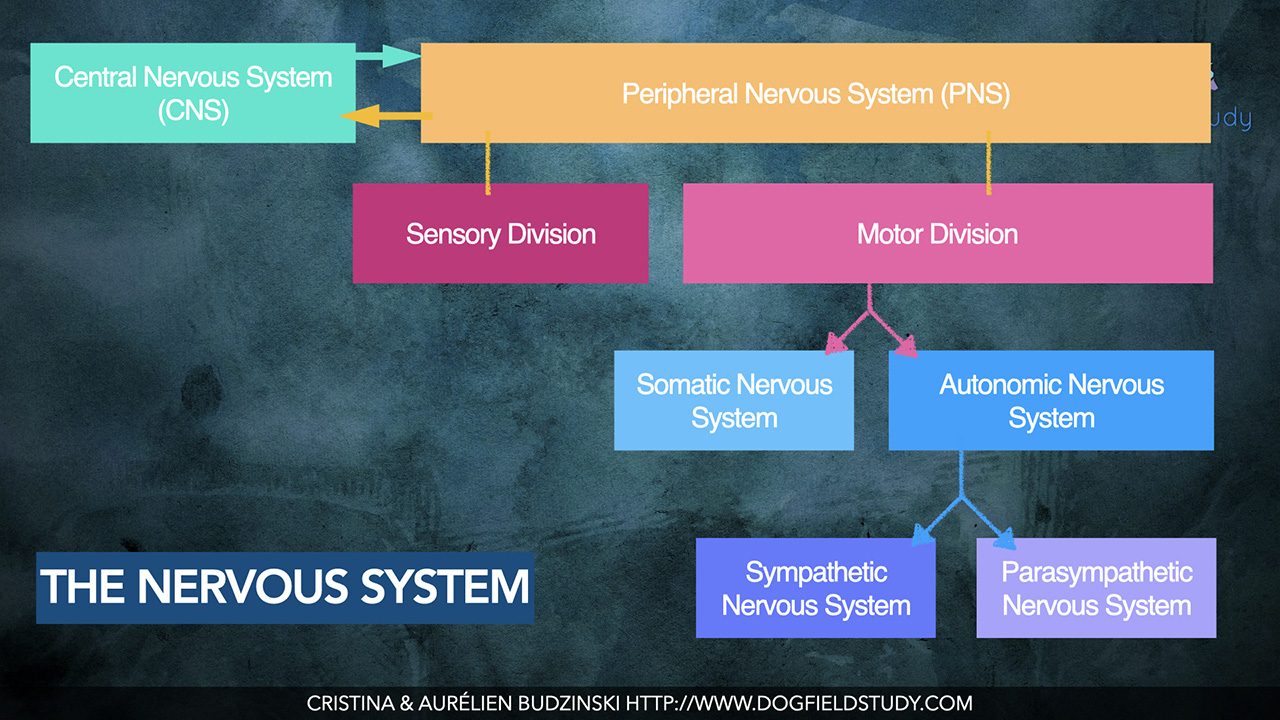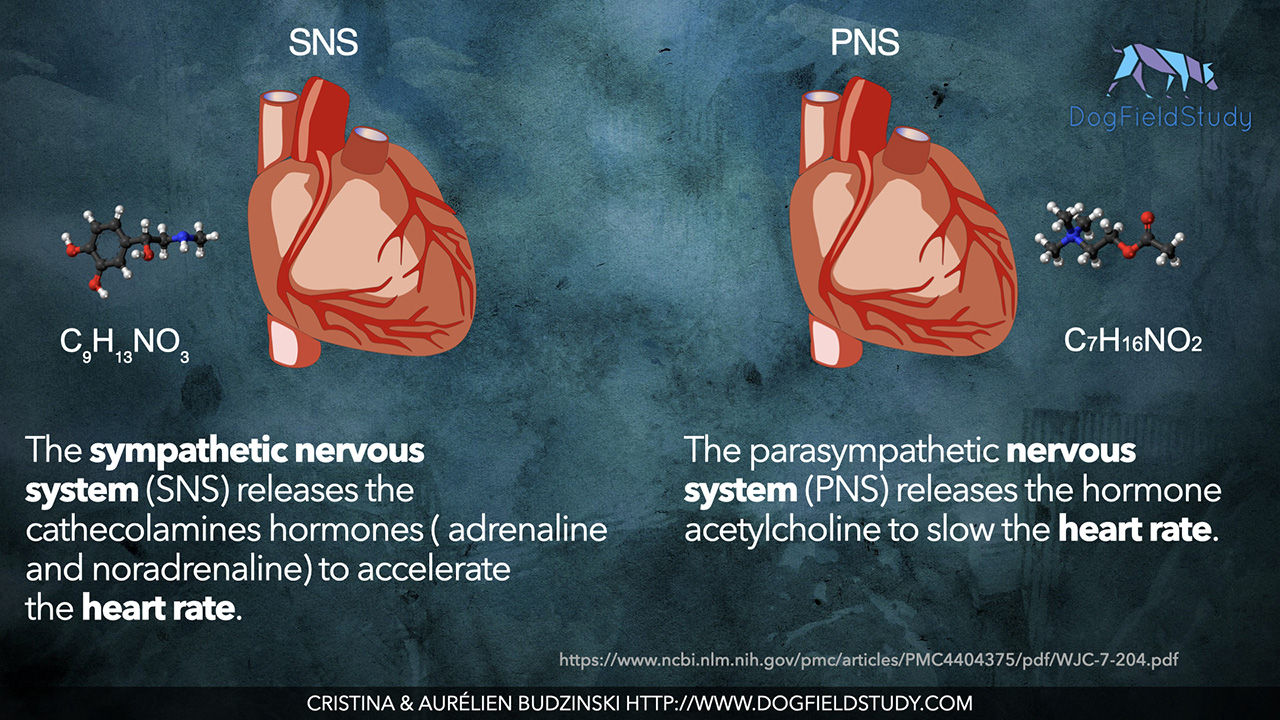The sympathetic and parasympathetic nervous systems play an important role in the functioning of the heart rate. The sympathetic nervous system is responsible for activating the 'fight or flight' state and increases the heart rate by releasing neurotransmitters such as adrenaline and noradrenaline. This allows the heart to beat faster to provide more oxygen to the muscles and brain during a stressful situation.
The parasympathetic nervous system, on the other hand, is responsible for regulating the 'rest and digest' state and lowers the heart rate by releasing neurotransmitters such as acetylcholine. This allows the heart to beat more slowly to save energy and allow the body to rest and digest.
The balance between the activities of the sympathetic and parasympathetic nervous systems is essential for maintaining a normal heart rate.

It is important to note that the heart rate can also be influenced by environmental factors such as stress, air pressure, humidity, temperature and medication.
Stress is an environmental factor that can have a significant impact on heart rate. Stress can be defined as a physiological response to a threat (real or perceived) or stressful situation (sympathetic nervous system). When the dog is stressed, the body releases stress hormones such as adrenaline and noradrenaline, which increase the heart rate and increase blood flow to the muscles and brain in preparation for a fight or flight response.

Chronic stress, i.e. prolonged stress that is not managed effectively, can lead to an increase in heart rate and blood pressure, which can increase the risk of disease. It is therefore important to manage stress effectively to maintain heart health. Stress management techniques and tools as explained in our lectures and courses can help you reduce your dog's stress for his well-being.

Comments